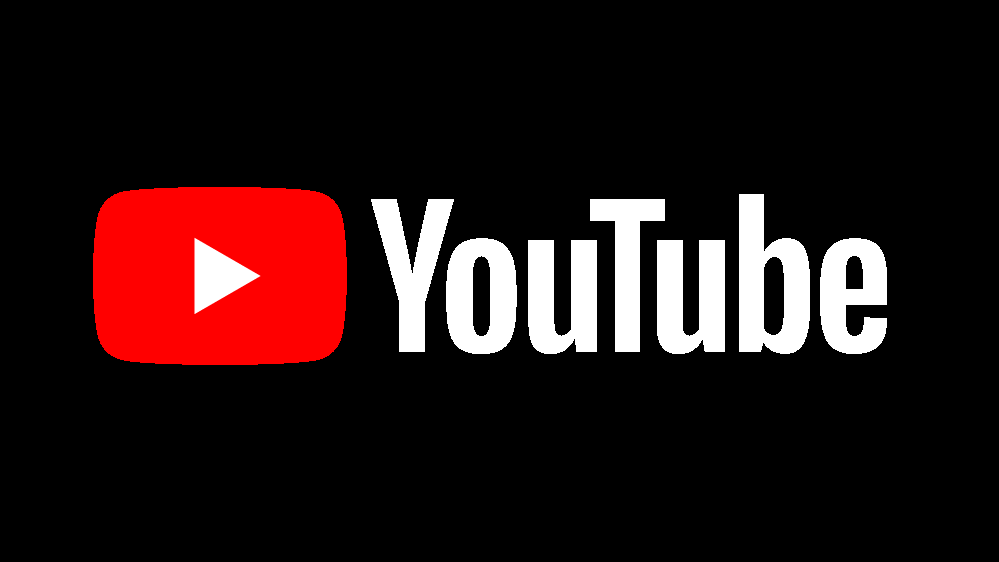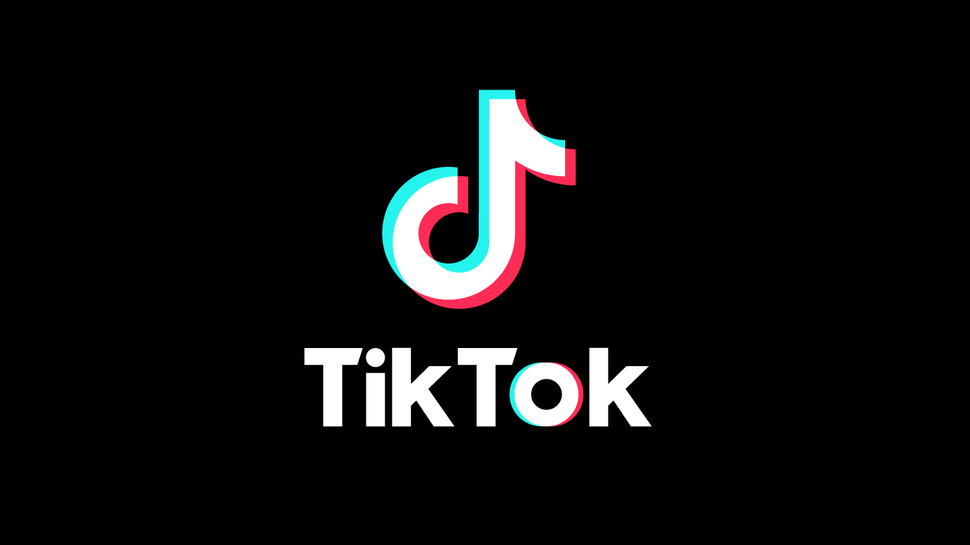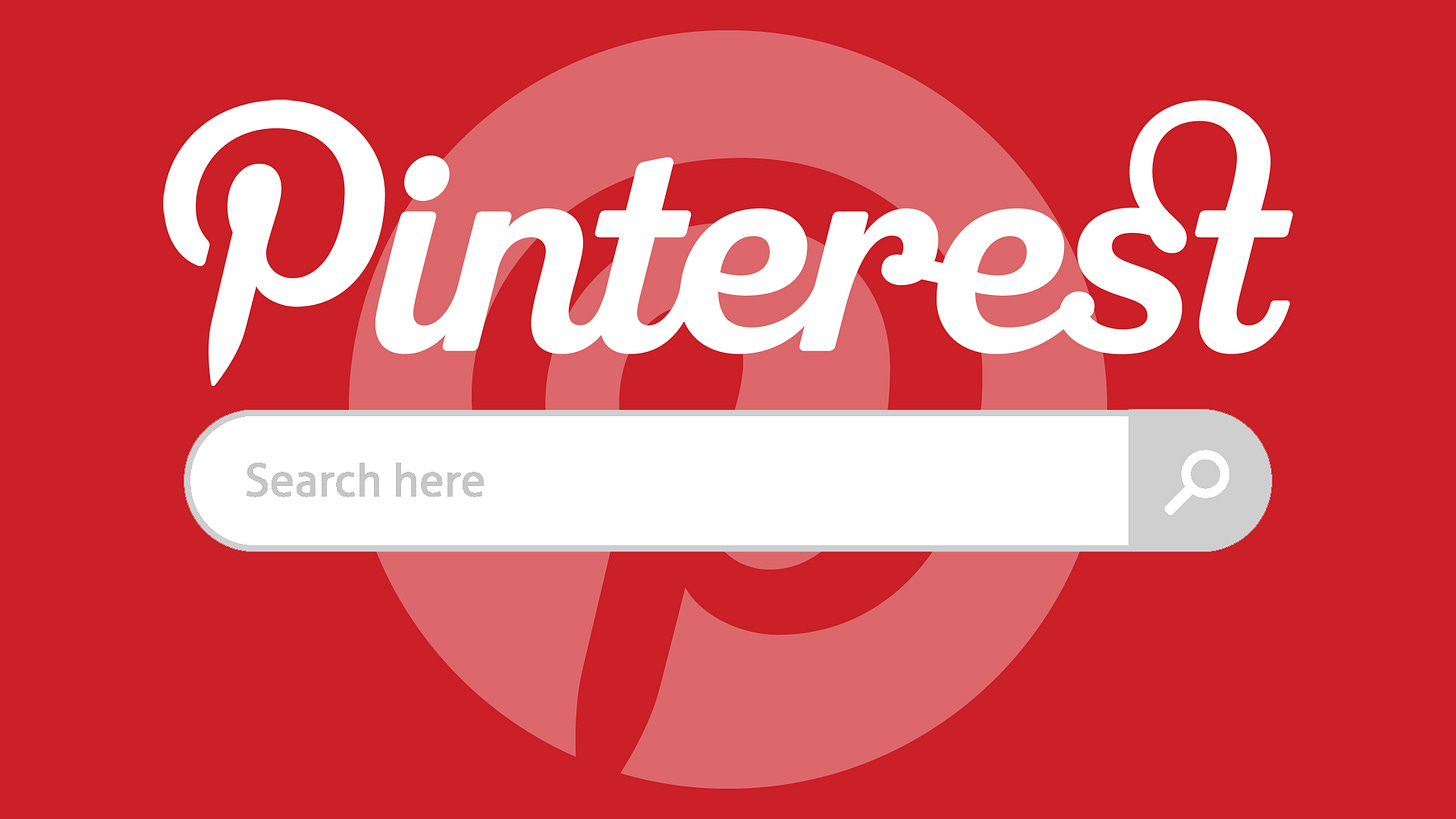The Best Social Media Platforms for Digital Marketing: A Comprehensive Guide
Maximize Your Reach, Engagement, and ROI with the Top Social Media Platforms for Digital Marketing
Social media has become an indispensable tool for digital marketing, offering businesses unparalleled opportunities to connect with their audience, build brand awareness, and drive sales. However, with so many platforms available, choosing the right ones for your marketing strategy can be challenging.
In this guide, we’ll explore the best social media platforms for digital marketing, highlighting their unique features, benefits, and how to leverage them to achieve your business goals.
Why Social Media is Essential for Digital Marketing
Social media offers several advantages for businesses:
Increased Brand Visibility: Reach a global audience with minimal investment.
Targeted Advertising: Use advanced targeting options to reach your ideal customers.
Customer Engagement: Build relationships and foster loyalty through direct interaction.
Data-Driven Insights: Track performance metrics to optimize your campaigns.
Cost-Effective: Many platforms offer free tools and affordable advertising options.
The Best Social Media Platforms for Digital Marketing
1. Facebook
Best for: Broad reach, community building, and targeted ads.
Features: Facebook Pages, Groups, Ads, and Marketplace.
Benefits: With over 2.9 billion monthly active users, Facebook is ideal for reaching a wide audience. Its robust advertising platform allows precise targeting based on demographics, interests, and behaviors.
Tips: Use engaging visuals, run contests, and leverage Facebook Live for real-time interaction.
2. Instagram
Best for: Visual storytelling, influencer marketing, and e-commerce.
Features: Posts, Stories, Reels, IGTV, and Shopping.
Benefits: Instagram’s visually-driven platform is perfect for brands with strong visual content. Its shopping features make it a top choice for e-commerce businesses.
Tips: Post high-quality images, use hashtags strategically, and collaborate with influencers.
3. LinkedIn
Best for: B2B marketing, professional networking, and thought leadership.
Features: Company Pages, Sponsored Content, and LinkedIn Ads.
Benefits: LinkedIn is the go-to platform for B2B marketers, offering access to decision-makers and professionals.
Tips: Share industry insights, publish long-form articles, and participate in LinkedIn Groups.
4. Twitter
Best for: Real-time engagement, customer service, and trending topics.
Features: Tweets, Threads, Polls, and Twitter Ads.
Benefits: Twitter’s fast-paced environment is ideal for real-time updates, customer support, and joining trending conversations.
Tips: Use hashtags, engage with followers, and post consistently.
5. YouTube
Best for: Video marketing, tutorials, and brand storytelling.
Features: Video uploads, YouTube Ads, and Live Streaming.
Benefits: As the second-largest search engine, YouTube is perfect for video content that educates, entertains, or inspires.
Tips: Create high-quality videos, optimize titles and descriptions with keywords, and engage with viewers in the comments.
6. TikTok
Best for: Viral content, Gen Z audiences, and creative campaigns.
Features: Short-form videos, TikTok Ads, and Challenges.
Benefits: TikTok’s algorithm favors engaging content, making it easier to go viral and reach younger audiences.
Tips: Participate in trends, use popular music, and collaborate with creators.
7. Pinterest
Best for: Visual discovery, DIY content, and e-commerce.
Features: Pins, Boards, and Pinterest Ads.
Benefits: Pinterest is a visual search engine, ideal for driving traffic to blogs, websites, and online stores.
Tips: Use eye-catching visuals, optimize pins with keywords, and link to your website.
How to Choose the Right Platforms
To select the best social media platforms for your business:
Define Your Goals: Are you looking to build brand awareness, drive sales, or generate leads?
Know Your Audience: Identify where your target audience spends their time.
Evaluate Resources: Consider your team’s capacity and budget for content creation and advertising.
Test and Analyze: Experiment with different platforms and track performance metrics.
Conclusion
Choosing the right social media platforms is crucial for a successful digital marketing strategy. By understanding the unique features and benefits of each platform, you can tailor your approach to reach your target audience and achieve your business goals.
Start leveraging these platforms today to enhance your brand’s online presence, engage with customers, and drive measurable results.











